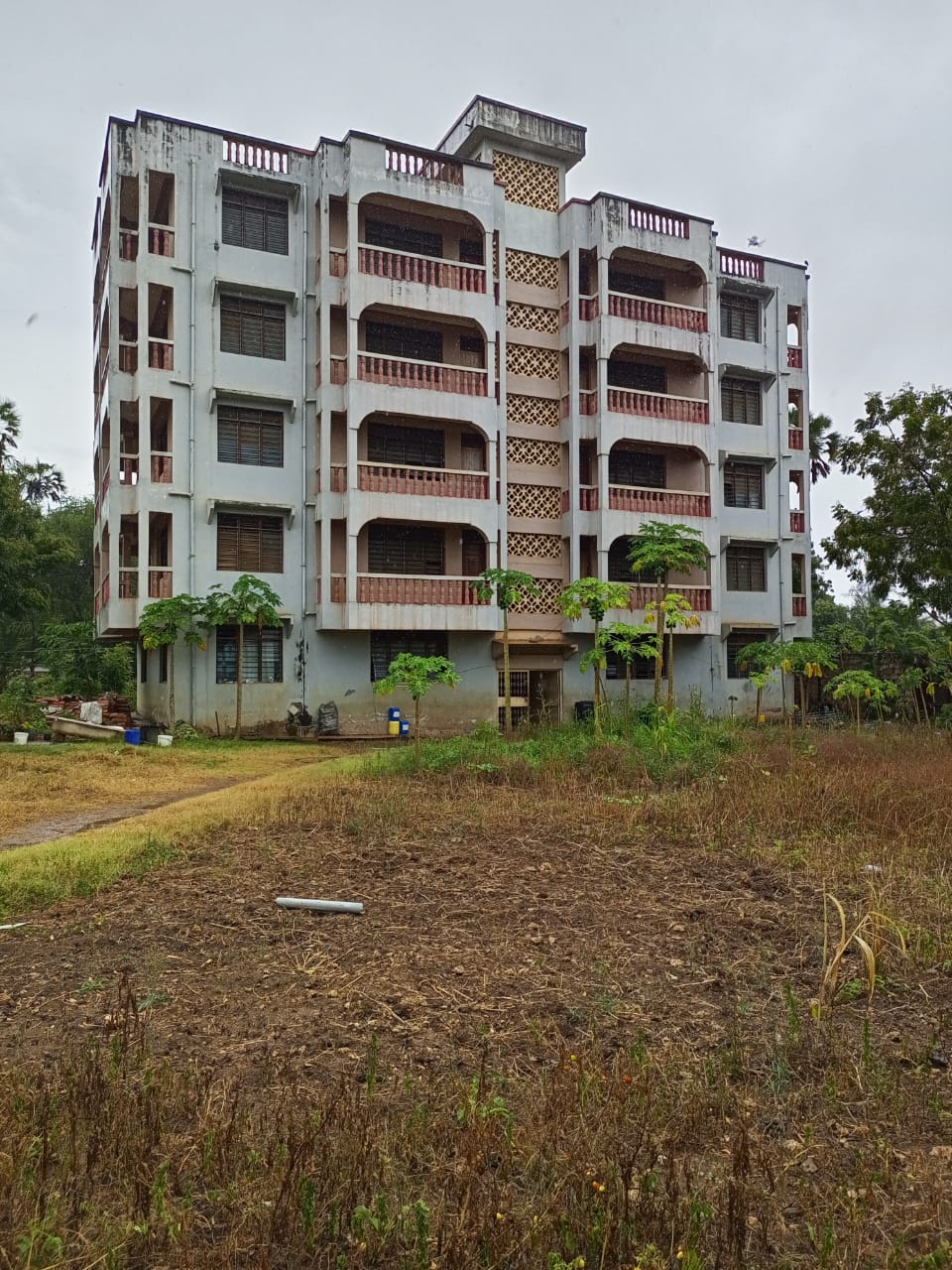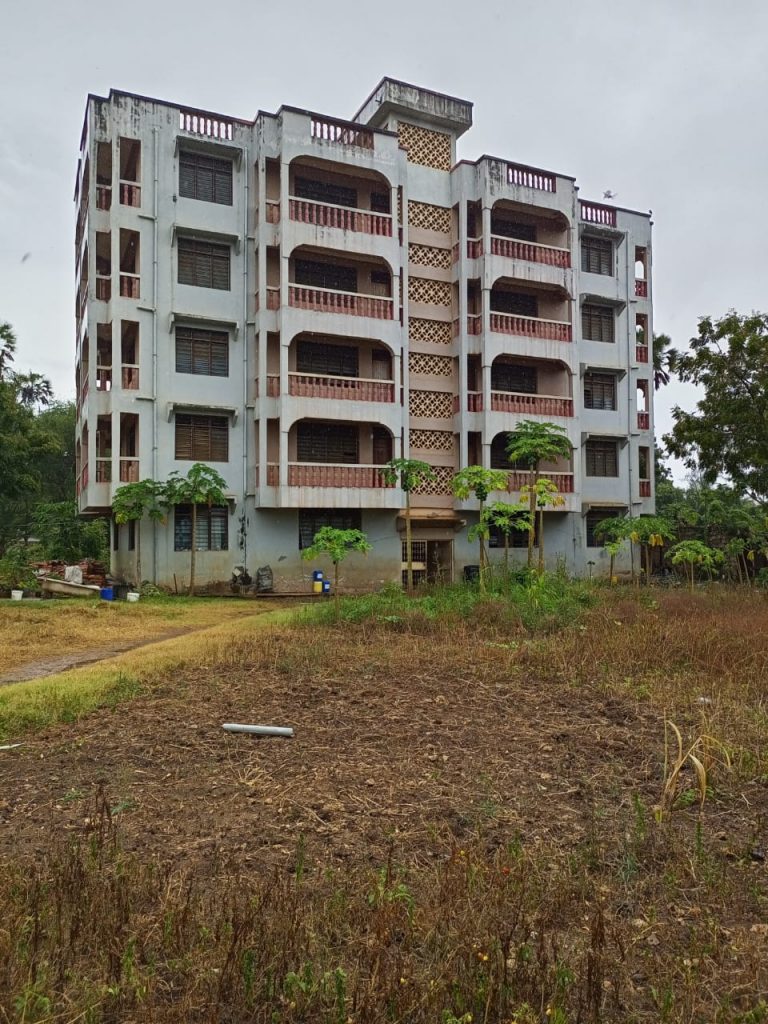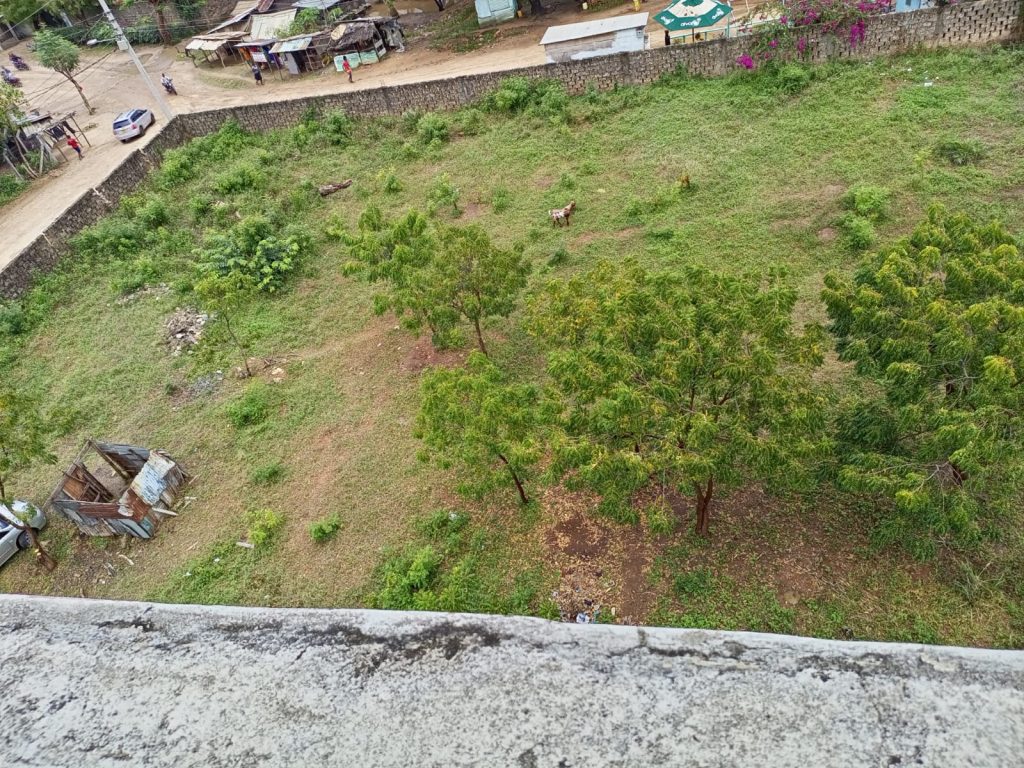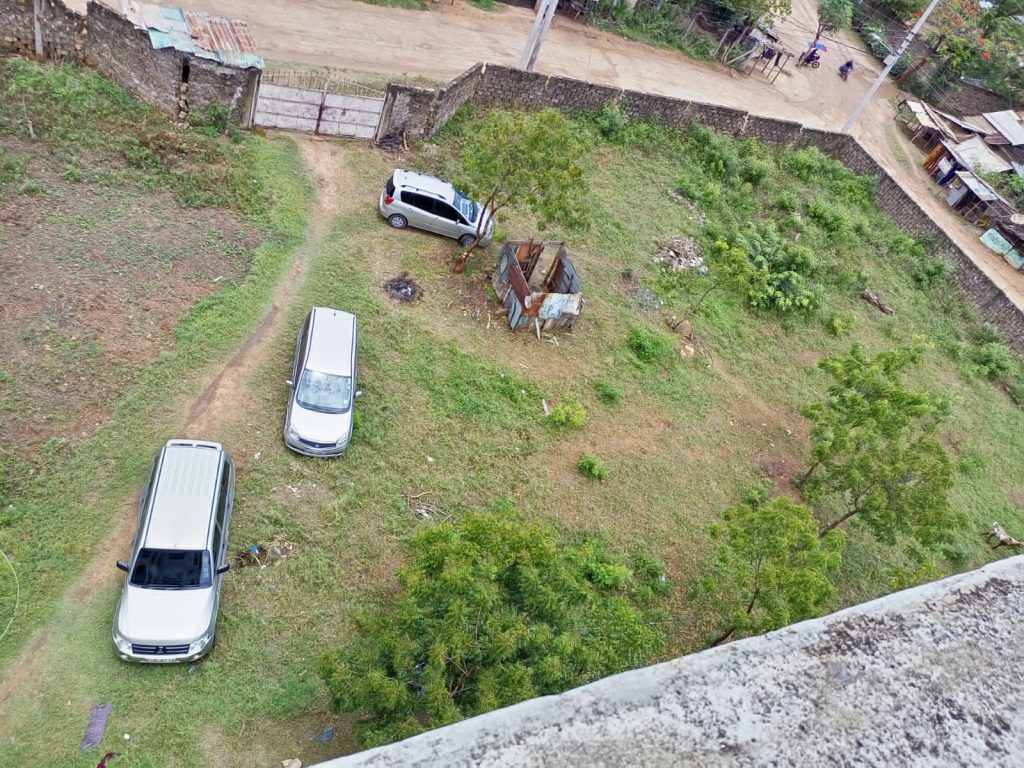EACC recovers, on appeal, land belonging to Kenya Revenue Authority in Mtwapa

21:06:2024: The Court of Appeal sitting in Malindi has today affirmed a Land and Environment Court’s judgement in Mombasa ELC Cases No 215, 216, 217 to 2024 of 2019 (Consolidated) of November 12th 2020 that was delivered in favour of EACC and that reverted to the Government a prime property constituting 10 plots in Kilifi.
The High Court judgement had also slapped a former Lands Commissioner, Wilson Gachanja with a Kes1 million fine and ordered defendants to remove all developments on the suit property within 30 days from November 12th 2020 or risk losing it to the Government entity that would have taken over the suit property.
EACC had filled the consolidated suits against Frann Ltd, Victor Wahome, Edward Kagume, David Mwangi and Wilson Gacanja, to recover land reserved for use by the East African Customs & Excise Department, the predecessor to Kenya Revenue Authority (KRA).
It was the Commission’s case that the ten properties were sub-divisions of LR.No.MN/III/293 which had been reserved for the said Department as a watch tower and a resting place for officers on patrol. The properties are situated not far from Mtwapa Creek hence its strategic importance to KRA.

The Commission successfully sought declarations that the conversion of and renumbering of LR. No. MN/III/293 to LR.No.MN/III/2974 and creation of sub-divisions thereof, the making of a grant in respect of LR.No.MN/III/2974 to Victor Wahome who was incidentally a former employee of KRA, and the transfer thereof were irregular, fraudulent, illegal, ultra vires the former Lands Commissioner’s statutory power and, consequently, null and void.
EACC had also sought orders of rectification of the register and cancellation of the grant made to Victor Wahome in respect of LR.No.MN/III/ 2974 dated 29th July 1996 and registered on 4th October 1996; and of the transfer dated 11th April 2007 and certificate of title registered on 19th April 2007 in respect LR.No.MN/III/3657.
Additionally, the Commission had sought orders permanently restraining Frann Investment Ltd and the other six defendants from dealing with the suit property, and for general damages as against Mr. Gachanja for fraud and breach of his fiduciary duties.
According to EACC, the original property, LR.No.MN/III/293-Kilifi District was illegally allocated to a Mr. Kenny Mohammed Sheikh Ali (now late), on 8th February 1995, as it was not available for alienation. This was after Mr. Ali had applied to the Commissioner of Lands to be allocated LR.No.MN/III/293 on the ground that he had done a lot for KANU (the independence and ruling political party at the time) and had not benefited from the fruits of independence.
The parcel belonged to the Department of Customs which had erected a customs outpost tower thereon and there was no record of formal acceptance or compliance with any of the conditions on the letter of allotment. Despite evidence that the land was not available for alienation, Mr. Wilson Gacanja, on 8th February, 1995, caused to be issued a letter of allotment to Mr. Ali who before acquiring title to the property, sold it to Mr. Wahome who proceeded to process the grant.
Upon acquiring the properties, Mr. Wahome transferred them to a company by the name Frann Investment Ltd which he co-owned with his wife and his three sons and developed on part of it a five story building comprising 10 flats.
On November 12th 2020, Justice Munyao Sila of Environment and Land Division of the High Court in Mombasa found that there was evidence that the land was not available for alienation and that Mr. Gachanja had no authority in law to make the alienation. The Court found that the purported alienation was null and void.

Aggrieved, the defendants filed an appeal raising eight grounds, which the appellant court summed up into two issues; the propriety of the finding that the suit properties were not available for allocation and alienation; and whether the Appellant was an innocent purchaser for value.
On alienation of the suit property, the appellant’s counsel submitted, among others, that the applicable law with regards to the registration of the Appellant’s interest in the suit property was section 23 of the Registration of Titles Act (since repealed), which vested the Appellant as registered owner with absolute ownership of the leasehold interest described in the Certificate of Lease. That title could hence only be impeached if the Appellant was found to have committed fraud in the process of acquiring the suit property. EACC, counsel for the Appellant argued, had not demonstrated any fraud or misrepresentation on the part of the Appellant or at all.
The Appellant submitted that it was not in dispute that the suit property was first allotted to Kenny Mohammed Sheik Ali (deceased), who then sold and transferred it to Francis Wahome, and that the trial Court erred in holding that the registration of the suit property was unlawful when the estate of the first allotee was not made a party to the suit property.
Counsel also urged that the law placed a presumption of legality on actions done by public officers so as to deem the public officer as having followed due procedure unless proved otherwise.
The allotee, EACC’s counsel countered, was not the registered owner of the suit property and, being a mere allotee, had not yet obtained proprietary interests and, therefore, had nothing he could sell. The suit property, he also argued, was not available for alienation as there were two customs houses thereon, proving that the land was planned, reserved, set aside and in actual use by the Department of Customs and Excise.
The doctrine of indefeasibility of titles, the Court of Appeal averred, applies with respect to the effects of registration of land of the repealed Registration of Titles Act. It provides that “the certificate of title issued by the registrar to a purchaser of land upon a transfer or transmission by the proprietor thereof shall be taken by all courts as conclusive evidence that the person named therein as proprietor of the land is the absolute and indefeasible owner thereof, subject to the encumbrances, easements, restrictions and conditions contained therein or endorsed thereon, and the title of that proprietor shall not be subject to challenge, except on the ground of fraud or misrepresentation to which he is proved to be a party”
This doctrine, the Court said, is now recognised under section 26(1) of the Land Registration Act, 2012 which affirms the sanctity of title to immovable property and the indefeasibility thereof in the absence of fraud, misrepresentation or other unlawful conduct in its acquisition. As such, the Court stated, “a registered proprietor acquires an absolute and indefeasible title if and only if the allocation was legal, proper and regular.”
On whether EACC had discharged the burden of proving that the allocation of the land was illegal and irregular, the Court said EACC demonstrated that the suit property was already surveyed, planned and reserved for use as a customs house at the time of its allocation to Mr. Ali. As such, the property was not unalienated and was therefore not available for alienation.
Were the Appellants innocent purchasers for value? Their counsel argued that they held a title deed and were in actual possession of the suit property after successful purchase without knowledge of fraud. That upon conducting an official search and due diligence, there never existed any caveat, caution, restriction nor were there any other interests registered, shown or anticipated from any third party. That they paid the requisite purchase price, and the property was legally and rightfully transferred to them upon execution of all requisite documents.

To this, EACC countered that the purchaser was employed by the East Africa Customs and Excise Department as a preventive officer in 1964 and must have known that the land comprised a custom House and a watch tower. Despite that, he, together with his wife, Ann Gathoni, purchased the purported interest in the letter of allotment and participated in the acquisition of the property. The Court agreed.
“This Court would be aiding and abetting an irregularity and illegality if we turn a blind eye to the fact that the 2nd Respondent was aware that the suit property was a customs house at the time of the purported purchase of the property, as he was a supervisor thereof. We therefore find that the transfer of the suit property to the Appellant was not made in good faith, as it was meant to obfuscate the fraudulent and illegal acquisition of the property…”, the Court said and went ahead to find that the trial Court did not err in its findings.
The Court found no merit in the appeal and dismissed it in its entirety. It affirmed the orders of the trial Court in its judgement of November 2020. As such, the suit property reverts to the Government, the former Lands Commissioner to pay costs of Kes1 million for breach of fiduciary duty, and the defendants have to now remove all the developments and structures on the suit land.

